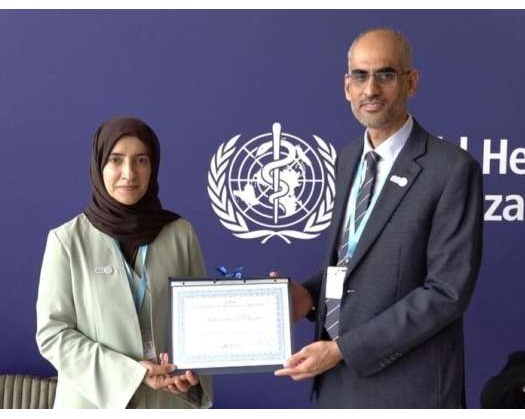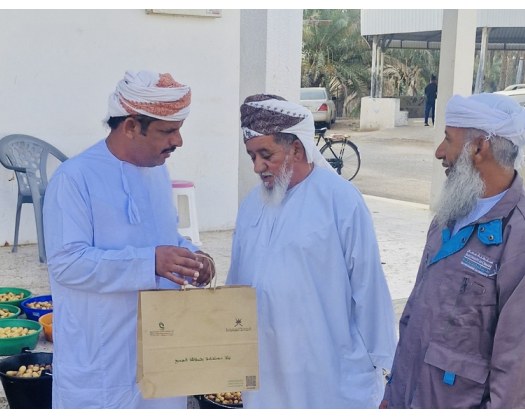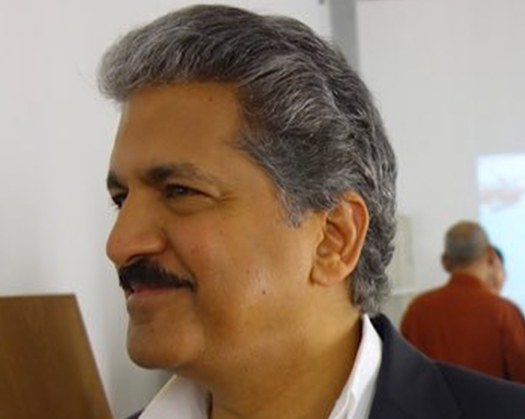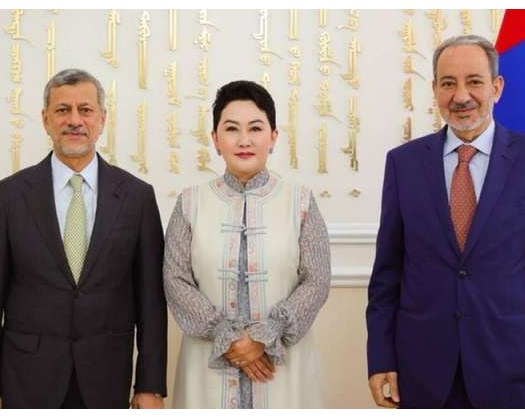Geneva: The World Health Organization (WHO) has issued a verification certificate to the Sultanate of Oman for eliminating industrially created trans fats from food products.
This milestone demonstrates the country's unwavering dedication to improving quality of life, strengthening preventative healthcare, and increasing public health indicators in accordance with the strategic goals of Oman Vision 2040, which aim to elevate the nation to the ranks of developed countries, with health as a top priority.
The award was officially presented today during the 78th World Health Assembly (WHA), which is taking place in Geneva, Switzerland, from May 19 to 27.
Dr. Hilal Ali Al Sabti, Minister of Health, led the Sultanate of Oman's delegation.
Al Sabti stated in a press statement, "The elimination of trans fats represents a landmark in our effort to promote and protect community health. " Oman is pleased to be one of the nine nations worldwide and the second in the Arab world to establish this life-saving strategy of banning this dangerous component. "
Oman's official delegation will focus on WHA78's key issues, which include the proposed program budget for 2026-2027 and the role of the Global Coordination Mechanism on the Prevention and Control of Noncommunicable Diseases (NCDs) in supporting WHO's efforts to engage numerous stakeholders in the battle against NCDs.
The talks also addressed mental health and social connectedness, as well as a number of global policies and action plans set to be implemented beginning next year. These include the Comprehensive Implementation Plan on Maternal, Newborn, and Young Child Nutrition (2021-2025), the Global Strategy for Women's, Children's, and Adolescent Health, and the Global Strategic Directions for Nursing and Midwifery (2021-2025).
The Assembly is also dealing with the serious issue of antibiotic resistance. It also evaluates the work of the Intergovernmental Negotiating Body, which is in charge of creating and negotiating a convention, agreement, or other international instrument under the WHO Constitution to improve pandemic prevention, preparedness, and response.
The conference will focus on integrated emergency, critical, and surgical care to attain universal health coverage and protect individuals from health hazards. It will also address substandard and fake medical supplies, as well as global tactics and action plans that are set to expire within a year, in line with the Global Strategy for Digital Health 2020-2025.












